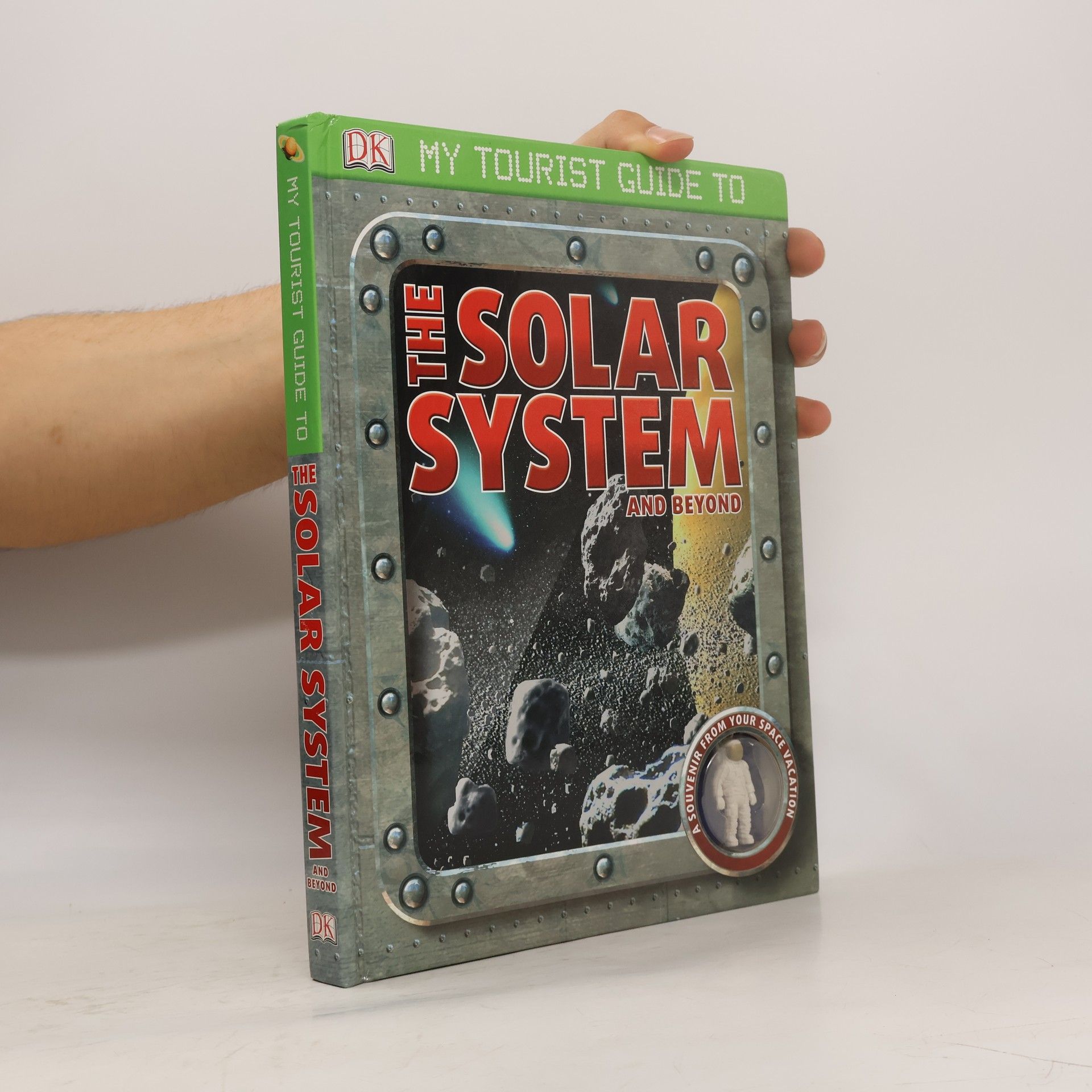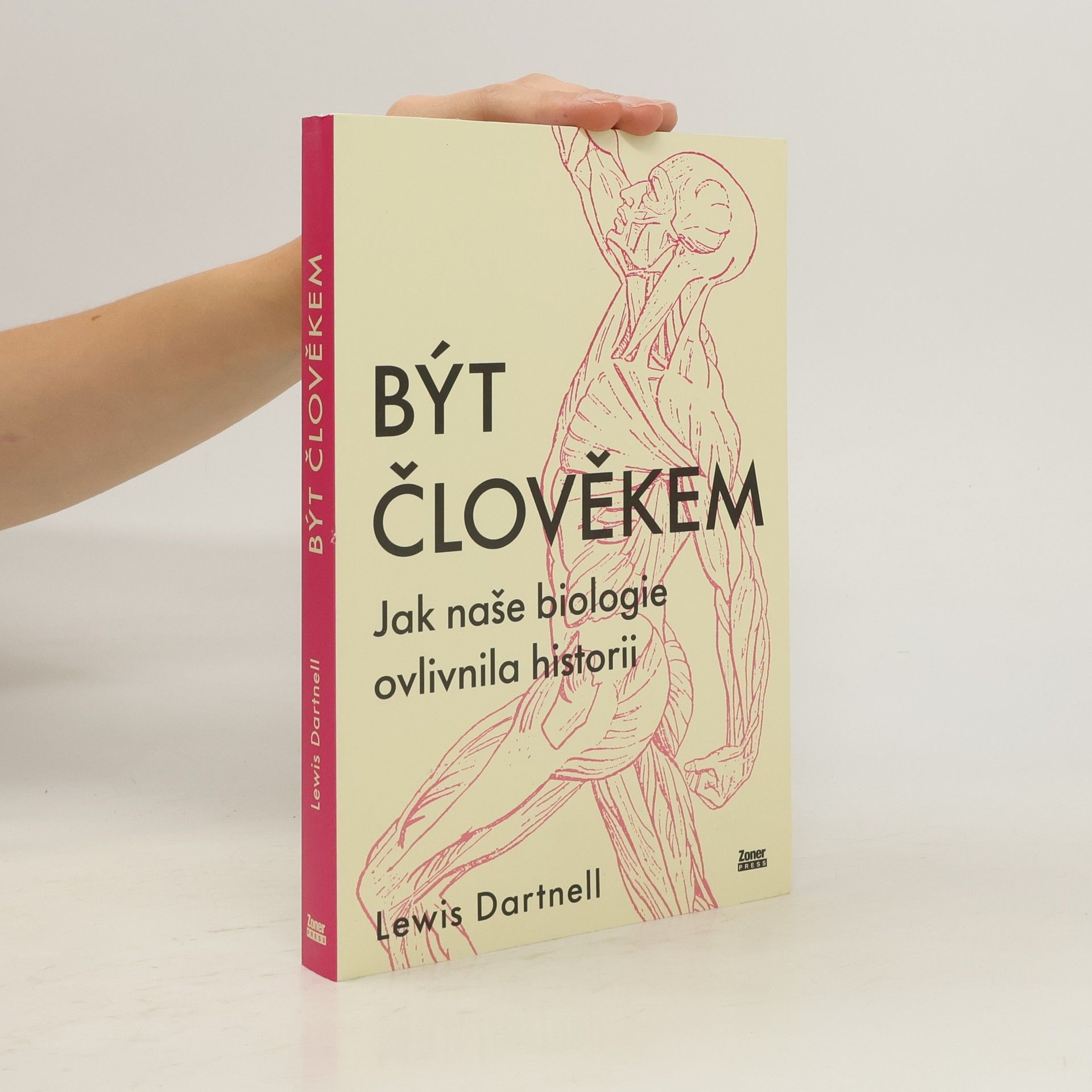"Una mirada fascinante a los principios básicos de las principales tecnologías que sostienen la sociedad contemporánea" Wall Street Jounal Una pandemia incontrolable, el impacto de un meteorito, o quizá una guerra nuclear; por el motivo que sea, el mundo que conocemos ha desaparecido y los escasos supervivientes deben comenzar de cero. ¿Cuáles son los conocimientos fundamentales necesarios para reconstruir nuestra civilización? Tras recoger lo poco lo poco que queda, ¿cómo se puede empezar a producir lo esencial? ¿Cómo cultivar alimentos, generar electricidad, preparar medicinas o extraer metal de las rocas? ¿Se puede evitar una nueva edad oscura y aprovechar los atajos para conseguir de nuevo el desarrollo? La vida en las sociedades contemporáneas nos han desconectado de los procesos básicos que nos sostienen, así como de las elegantes premisas científicas que permiten aprender las cosas por uno mismo. "Abrir en caso de apocalipsis" es un viaje de exploración, un libro que explica todo lo que hay que saber acerca de todo lo que nos rodea. Una guía rápida para reiniciar la civilización que transformará nuestra comprensión del mundo, y nos ayudará cuando este ya no exista.
Lewis Dartnell Libros
Lewis Dartnell es un comunicador científico centrado en la astrobiología y la docencia en la Universidad de Westminster. Su trabajo se caracteriza por el esfuerzo de hacer accesibles los temas científicos complejos a una audiencia más amplia a través de una escritura atractiva. A través de sus libros y apariciones en los medios, inspira tanto a lectores como a espectadores a interesarse por el conocimiento científico y sus aplicaciones prácticas. Su enfoque enfatiza la conexión entre la ciencia, la vida cotidiana y los futuros desafíos que enfrenta la humanidad.

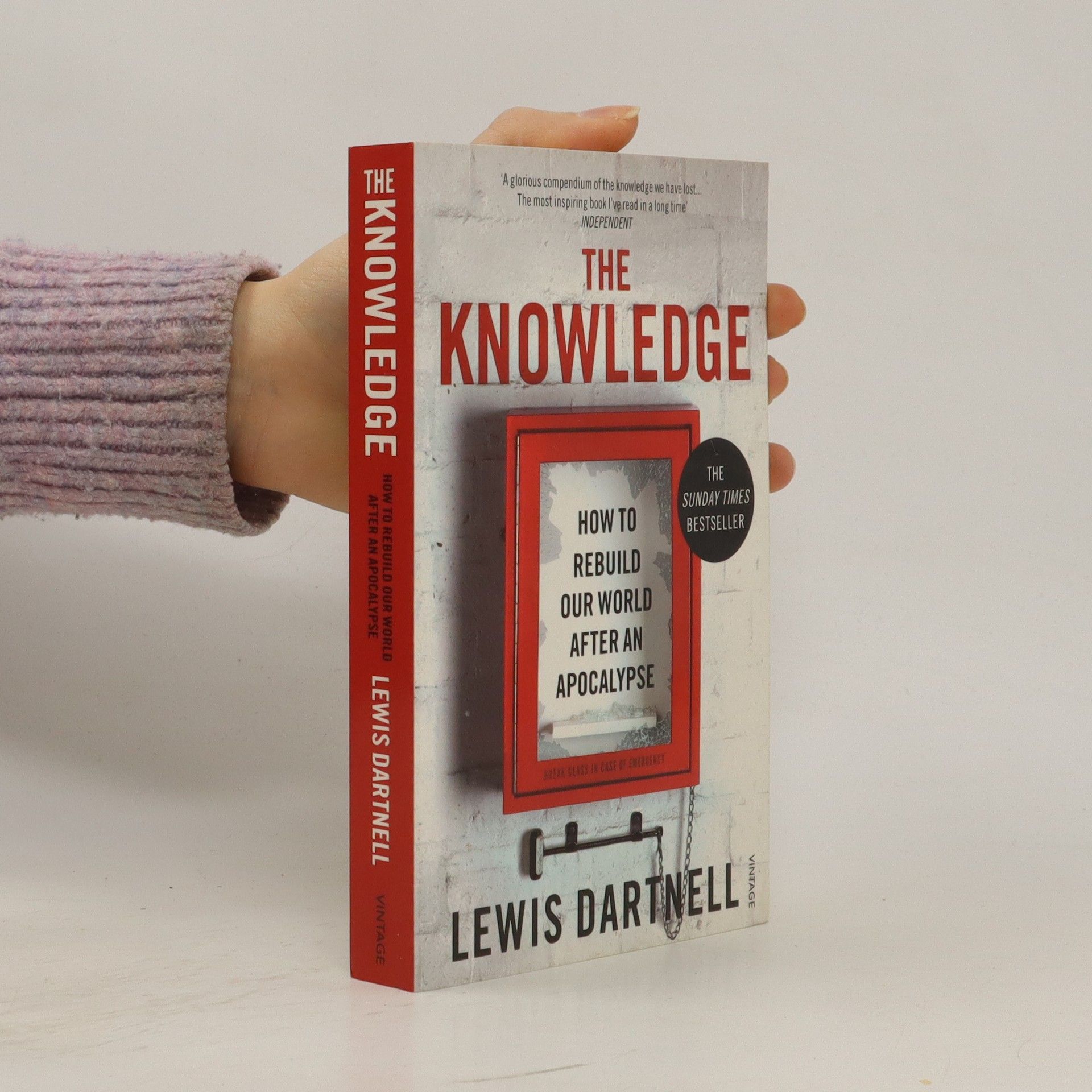
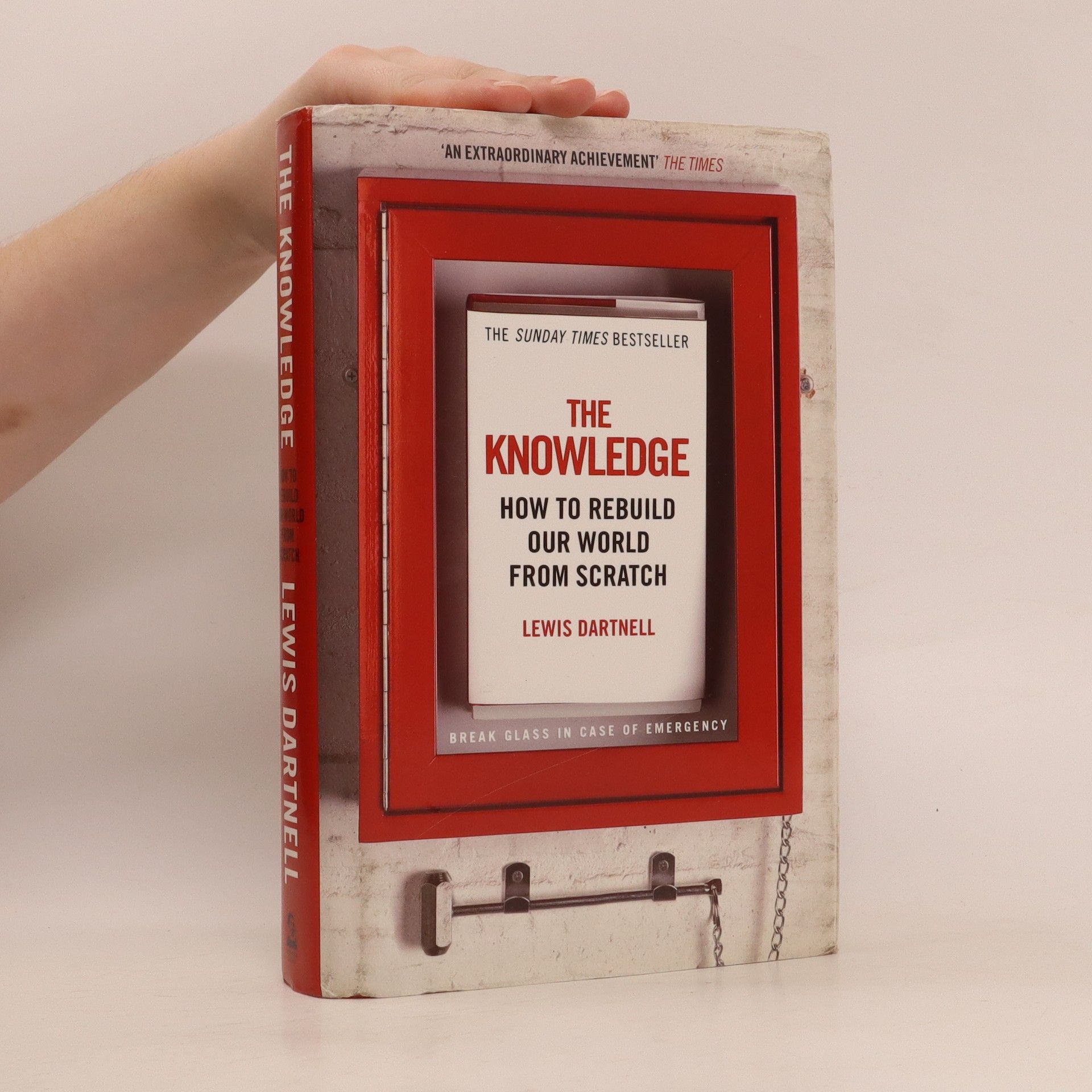

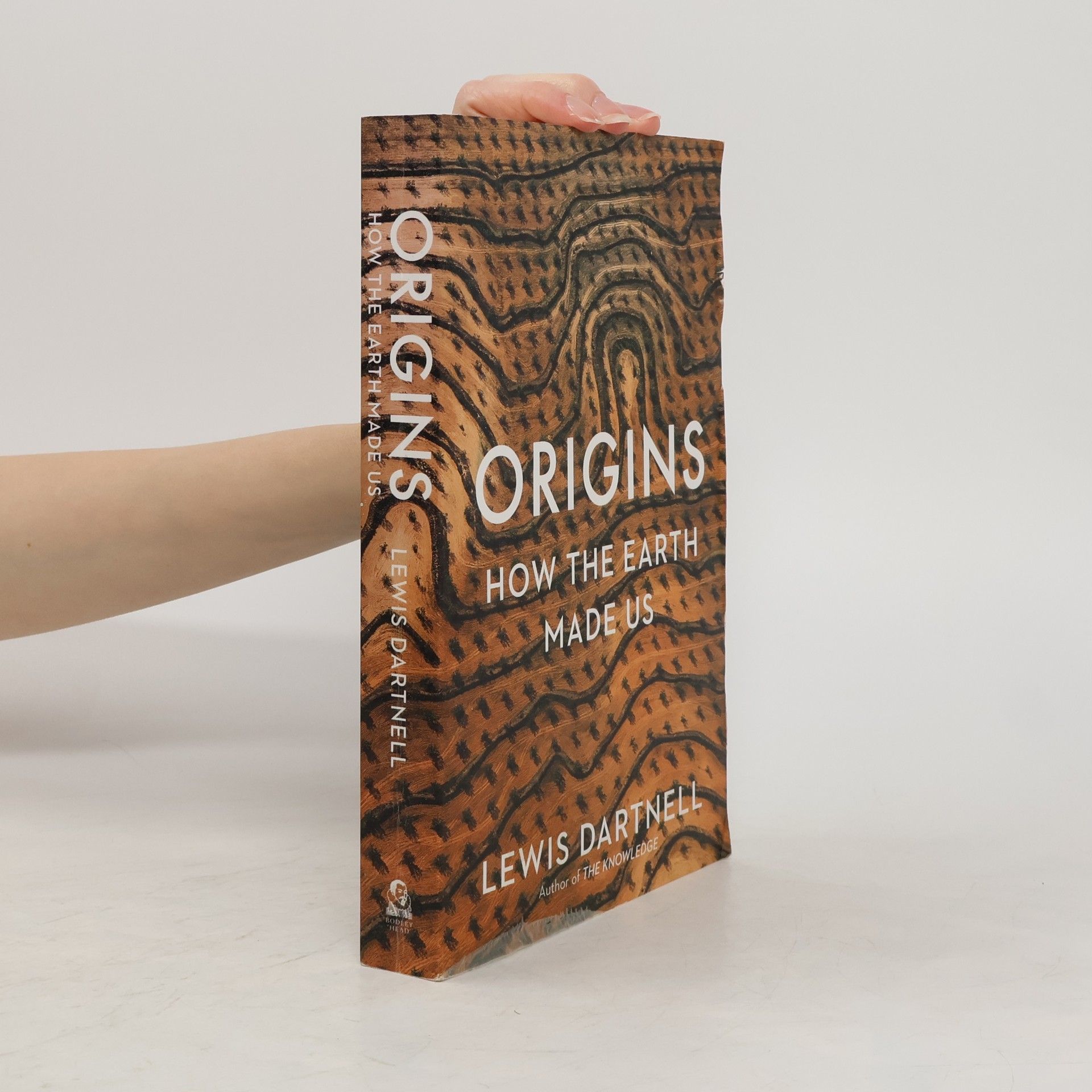
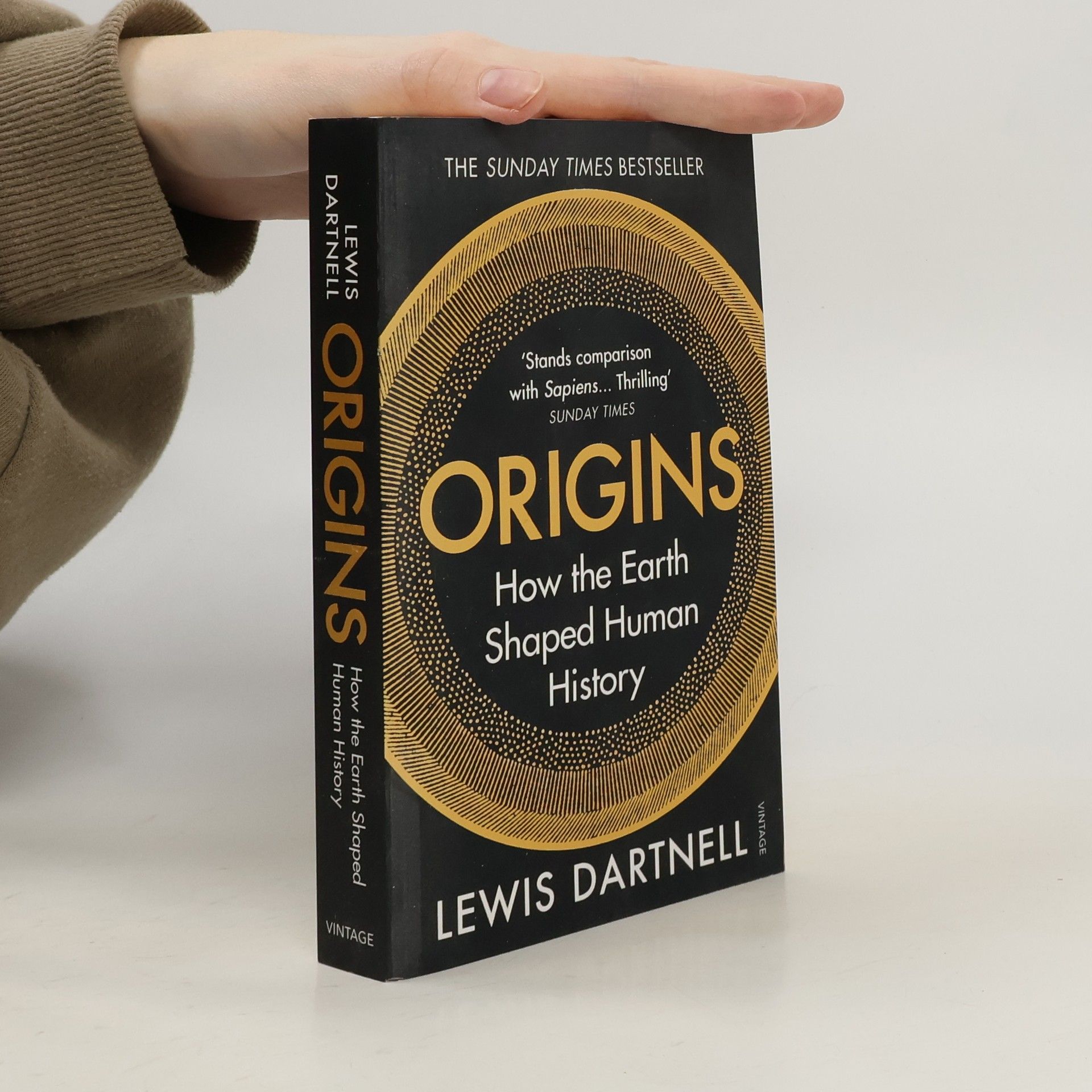
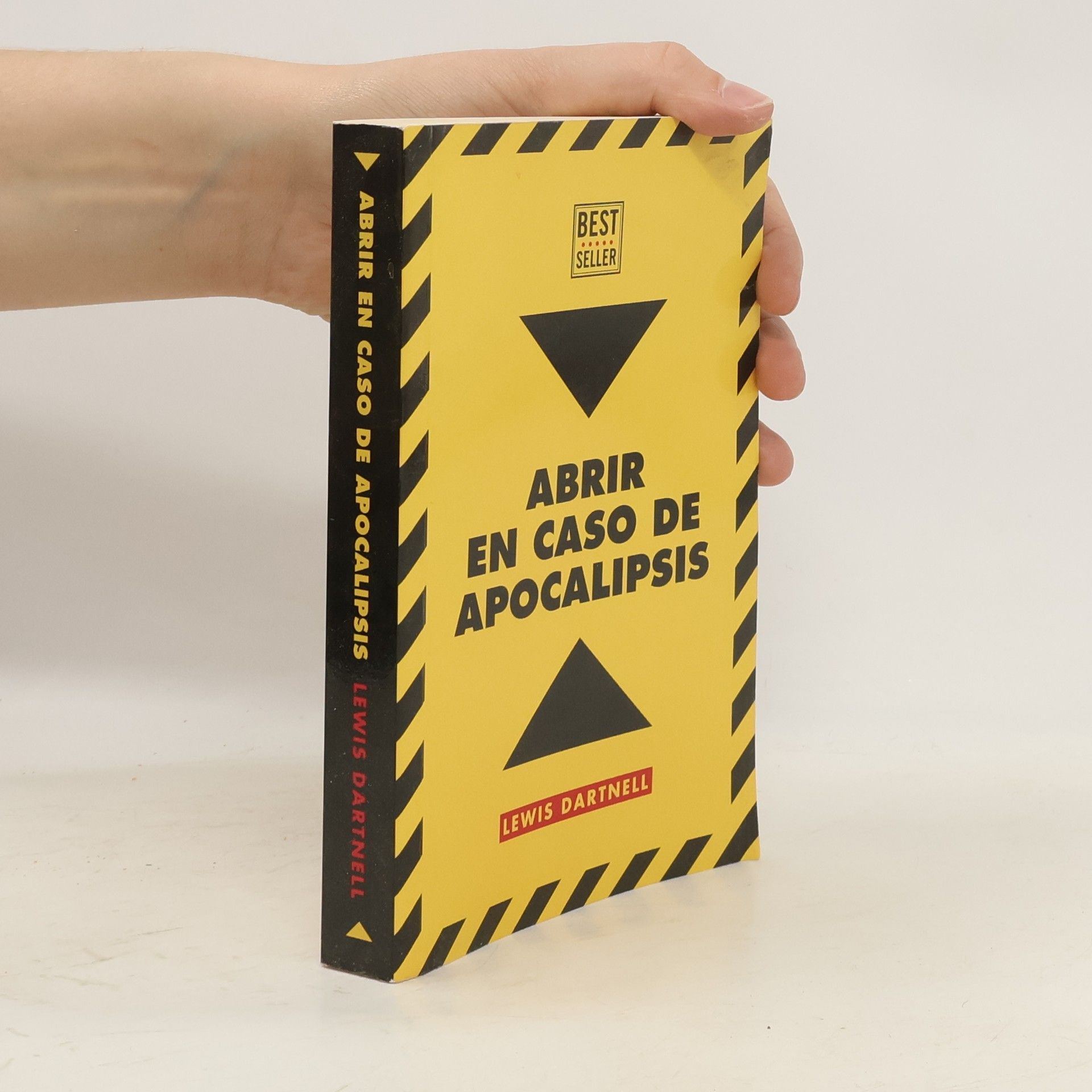
Origins : how the Earth shaped human history
- 352 páginas
- 13 horas de lectura
Read the Sunday Times bestseller that reveals the Earth's awesome impact on the shape of human civilisations. 'Stands comparison with Sapiens... Thrilling' Sunday Times Human evolution in East Africa was driven by geological forces. Ancient Greece developed democracy because of its mountainous terrain. Voting behaviour in the United States today follows the bed of an ancient sea. Professor Lewis Dartnell takes us on an astonishing journey into our planet's past to tell the ultimate origin story. Blending science and history, Origins reveals the Earth's awesome impact on the shape of human civilisations - and helps us to see the challenges and opportunities of the future. 'A sweeping, brilliant overview of the history not only of our species but of the world' Peter Frankopan, author of The Silk Roads 'Absorbing... A first-class read - and an important one' Observer
Origins
- 320 páginas
- 12 horas de lectura
Why is the world the way it is? Lying imperceptibly beneath everything we encounter in the modern world is an architecture of causal links, chains of consequences that explain why things are the way they are. Origins is the story of this connectivity; it's not about what we've done to our environment, but about what our environment has done to us
'Illuminating' TIM MARSHALL 'Refreshing' THOMAS HALLIDAY A mind-expanding, revolutionary journey across time that shows how our biology has determined human history for the first time. This book will change how you see the world. We're a wonder of evolution, capable of incredible feats. But we're also deeply flawed. Our bodies and minds often break, fail, and hinder us. To be human is to live with this extraordinary contradiction. So, to understand the course humanity has taken - from prehistoric times through the age of empire and into the modern era - we must understand who, and what, we are. Being Human is history made flesh. From the epidemic that brought Europe's peasants freedom, to the health deficiency which gave rise to the world's largest criminal organisation, to the cognitive biases that led to military catastrophes in Crimea and Iraq, we see how our unique nature shaped our relationships, economies and societies - and, importantly, how it continues to impact human progress today. 'This book is quite literally wonderful' ED CONWAY 'A wild ride' TIM HARFORD 'A gripping, red-blooded narrative from a master storyteller' JO MARCHANT
The Knowledge is a brilliantly original guide to the fundamentals of science and how it built our modern world. It is also a thought experiment about the very idea of scientific knowledge itself.
Maybe it was a viral pandemic, or an asteroid strike, or perhaps nuclear war. Whatever the cause, the world as we know it has ended and you and the other survivors must start again. What key knowledge would you need to start rebuilding civilisation from scratch? Once youâe(tm)ve scavenged what you can, how do you begin producing the essentials? How do you grow food, generate power, prepare medicines, or get metal out of rocks? Could you avert another Dark Ages or take shortcuts to accelerate redevelopment? Living in the modern world, we have become disconnected from the basic processes that support our lives, as well as the beautiful fundamentals of science that enable you to relearn things for yourself. The Knowledge is a journey of discovery, a book which explains everything you need to know about everything. This is a quickstart guide for rebooting civilisation which will transform your understanding of the world âe" and help you prepare for when itâe(tm)s no longer here... http://the-knowledge.org/
By presenting outer space as a vacation destination, a guidebook shows armchair astronauts some of the best sights--from the Mariner Valley on Mars to the gravity-light moon, Enceladus--and provides facts about places from the sun to a black hole.
Kniha Pôvod odhaľuje ohromujúci vplyv zeme pod našimi nohami na podobu ľudských civilizácií – od pestovania prvých plodín až po zakladanie moderných štátov. Nie náhodou býva prirovnávaná k takým významným knihám ako Diamondove Osudy ľudských spoločností. Prináša fascinujúci pohľad na náš svet, ktorý určovali prírodné podmienky. Keď hovoríme o dejinách ľudstva, často sa zameriavame na veľkých vodcov, vývoj populácie a rozhodujúce vojny. Ako však náš osud určila samotná Zem? Naša planéta sa kolíše a to spôsobuje zmeny klímy, ktoré si vynútili prechod od kočovania k poľnohospodárstvu. Hornatý terén viedol k rozvoju demokracie v Grécku. Vzorce prúdenia vzduchu neskôr formovali vývoj objavovania nových krajín, kolonizácie a obchodu. Dokonca aj dnes sa správanie voličov na juhovýchode Spojených štátov riadi tým, kde sa nachádzajú 75 miliónov rokov staré sedimenty z pravekého mora. Všade je vidieť hlboké odtlačky planéty na podobe ľudstva.
Fascynujące spojrzenie na dzieje ludzkości z perspektywy planety, na której żyjemy Mówiąc o historii ludzkości, zazwyczaj skupiamy się na opowiadaniu o słynnych przywódcach, wielkich wojnach i masowych migracjach. Lewis Dartnell w swojej niezwykłej książce patrzy na dzieje naszego gatunku z innej perspektywy, odpowiadając na pytanie: W jaki sposób nasza kultura została ukształtowana przez samą Ziemię? Zabiera nas w fascynującą podróż, z której się dowiemy m.in. tego, jak pozostałości po starożytnym oceanie wpływają na preferencje wyborcze w Stanach Zjednoczonych; dlaczego Kolumb mógłby nigdy nie trafić do Ameryki, gdyby jego ofertę przyjął król Portugalii, a nie Hiszpanii; dlaczego Nowy Jork został ojczyzną drapaczy chmur, a pierwsze metro łatwiej było zbudować właśnie w Londynie; jak pasma oceanicznych wiatrów sprawiły, że w Afryce Południowej mówi się dziś w języku afrikaans. Ta książka pokazuje, że nasza historia jest nierozerwalnie związana z historią Ziemi – prądy, pasma wiatrów, procesy geologiczne i wydarzenia sprzed milionów lat warunkowały ewolucję naszego gatunku, doprowadzały do powstania i upadku wielkich imperiów i szlaków handlowych i wciąż oddziałują na nasze życie, wpływając na współczesną sytuację geopolityczną, a także na to, co jemy na śniadanie, z czego budujemy nasze domy i najnowocześniejsze urządzenia.
Být člověkem: Jak naše biologie ovlivnila historii
- 320 páginas
- 12 horas de lectura
Odhalte, jak biologie ovlivnila historii lidstva a formovala dnešní svět! Objevte fascinující propojení mezi našimi nedostatky a událostmi, které utvářely naši současnost. Jak mohla hemofilie přispět k vzniku Sovětského svazu? Jak souvisí kurděje na zámořských lodích s růstem mafie v Itálii v 19. století? A jak se z nejbohatší francouzské kolonie stala jedna z nejchudších zemí světa kvůli komárům? Lidé jsou zázrakem evoluce. Výjimečné schopnosti nám umožnily přežít, rozmnožovat se a tvořit svět, jak ho známe dnes. Lidský organismus však obsahuje chyby, které omezují naše možnosti. Rozpor mezi našimi schopnostmi a nedostatky je podstatou „bytí člověkem“ a veškerá historie se odehrává právě na této tenké hranici. Lewis Dartnell ve své knize přístupným a poutavým způsobem vypráví složitý příběh lidského vývoje skrze naši křehkou biologii. Ponořte se do strhujícího vyprávění o tom, jak naše biologie formovala vztahy, společnosti i ekonomiky a začínala války, a jak i nadále ovlivňuje náš vývoj. Přečtěte si tuto výjimečnou knihu a získejte nový pohled na to, jak hluboce je naše historie provázána s naší biologií. Vaše porozumění světu se změní navždy.
